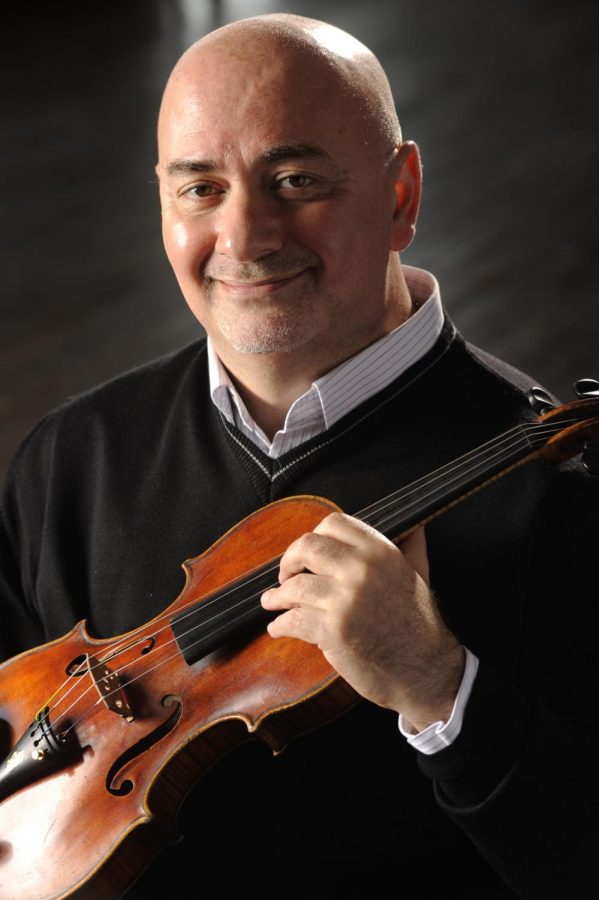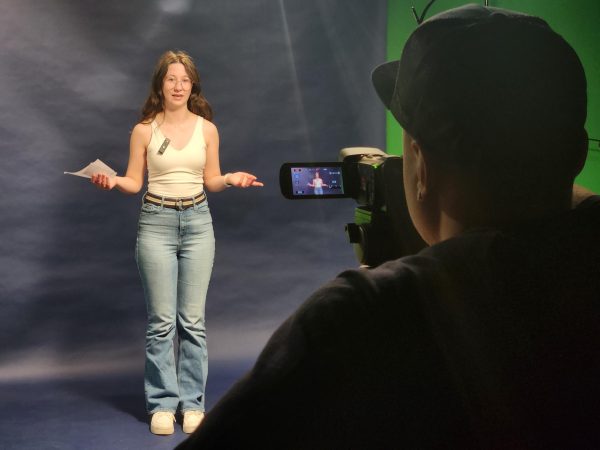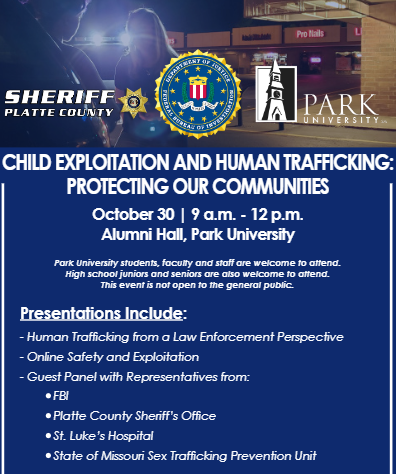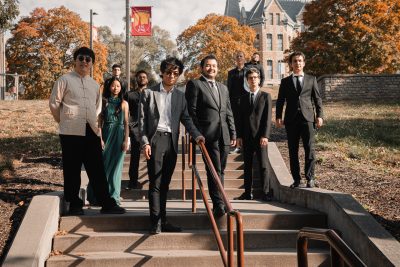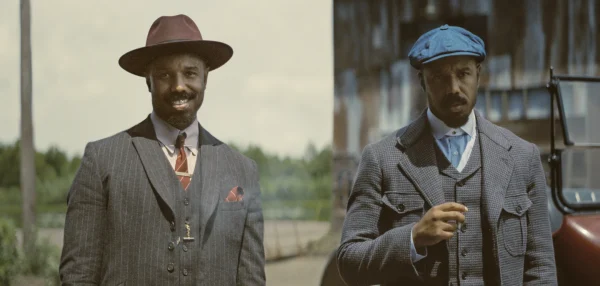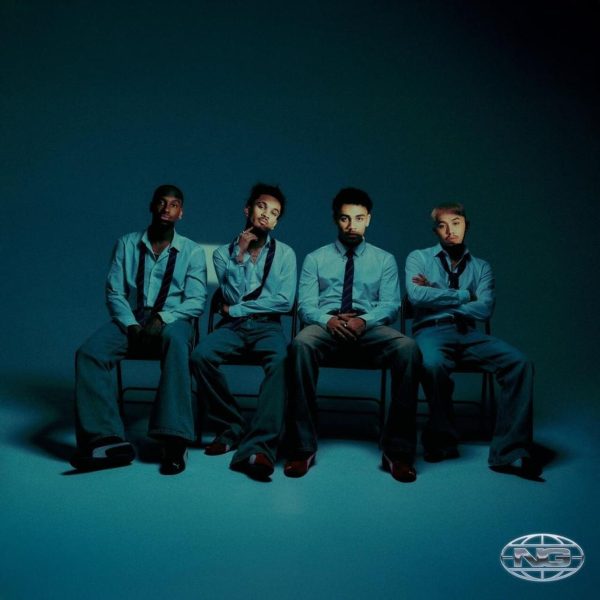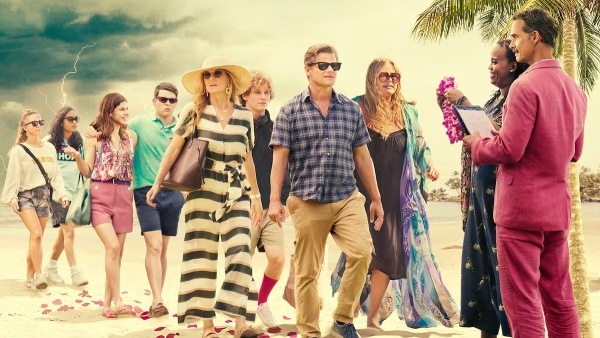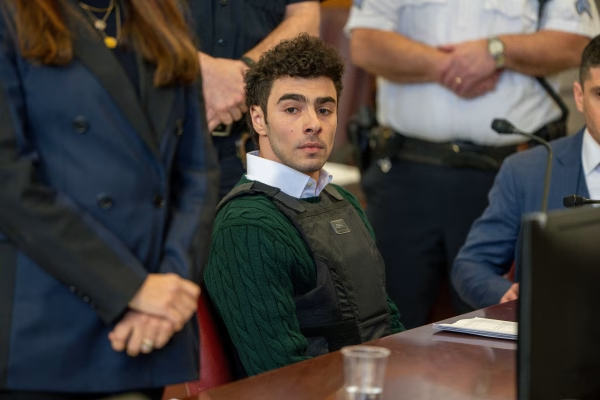Husband-wife duo dazzles at ICM Masters Concert
You’re missing out. I recently had the immense pleasure of attending Park University International Center for Music’s master’s concert featuring famed violinist Ben Sayevich and international award-winning pianist Lolita Lisovskaya-Sayevich.
The Parkway Room in the 1900 Building provided an intimate setting for the night’s display as audience members poured in like the fine wine swirling in their glasses to hear the highly acclaimed husband and wife duo.
After a swift tune-up, a deep breath and a quick nod, the performance began– and a performance it was. The first piece, Adagio in E major, K.261, by Mozart, started the concert off with a sweet melody, entrancing the audience as the music resonated in the acoustically-rich room.
Lisovskaya-Sayevich’s fingers delicately graced the Steinway concert grand piano as her husband swayed back and forth, pulling life from the strings of his violin with each graceful stroke of the bow. Shadows danced on the wall behind the couple, mirroring their movements in silhouette.
Park University ICM director Roger Kugler had glowing words for the pair of performers, who each hold staff positions within the organization; Sayevich is a professor of violin and the director of the violin studio, and Lisovskaya-Sayevich is the director of collaborative piano.
“The way Ben and Lolita work together as an ensemble is amazing,” he said with a smile. “Whatever I say, you could square it, and it wouldn’t be enough. It’s amazing.”
Following their rousing rendition of Mozart, the couple split for a moment, and Lisovskaya-Sayevich was replaced by Daniel Veis, professor of cello and director of the cello studio for the ICM.
Together, Veis and Sayevich performed the U.S. premiere of Dances and Laments, introduced onstage by Peter Fribbins, the British composer himself, no less. Fribbins aptly described the composition as a “wild dance” between the violin and cello, and he was certainly correct in his metaphor.
The song began with a melancholy call and response between the two instruments, creating an eerie atmosphere within the room. Plucking pizzicato from the cello, then long, drawn out high notes from the violin followed by a subtle switch in roles overtook the emotion of the room. They faded together with long bow strokes, weaving between harmony and discord, creating a sense of discomfort and unease for the listener.
Suddenly they burst into the “wild” portion of the dance, jumping into a fast-allegro tempo, intensity rising, heart rate increasing, blood pressure climbing. The two traded off seemingly impossible runs, notes flowing so rapidly the ear could hardly keep up. Aggressive, almost angry bow strokes flew across the strings, hands bouncing back and forth along the instruments’ necks, desperate to push the notes out at their quickening, frantic pace. The frenetic dance surged to the peak of its raw, thrilling energy, emotions flashing.
And then, silence.
The experience live music provides is something that simply cannot be found anywhere else. Though I may try, my words will never do justice to the strikingly unique affair in which I found myself at the concert.
Sayevich and Lisovskaya-Sayevich went on to perform four more brilliant pieces, including a breathtaking encore performance in which the duet displayed their overwhelming mastery of their instruments. Afterward, the audience erupted into applause and gave the pair a well-deserved standing ovation.
Kugler succinctly described what we as students, along with the rest of the community, have the opportunity enjoy and be enriched by after the performance.
“If any Park student,” he said, wiping his forehead with his handkerchief, “or anybody, had the chance to experience what we did tonight and did not leave with a sense of awe, we have lost our sense of humanity.”
Park’s ICM is unparalleled, Kugler said, and Park students have the rare opportunity to experience what most in the country cannot.
“What’s really incredible is that it’s truly unique– one of a kind in the country. None of it can be duplicated anywhere. We have students winning international competitions. It’s a unique opportunity; [students] may never have another access to such a thing,” he said.
I must echo his thoughts; this was an incredible experience. I have attended plenty of concerts, both classical and contemporary, but this was a different beast. The mastery and artistry I had the privilege of witnessing will stick with me for a long time.
The next ICM-sponsored event will feature the Tesla Quartet on Saturday, February 10 again at the 1900 Building.
Your donation will support the student journalists of Park University. Your contribution will allow us to cover our annual website hosting costs, freeing up other funds for equipment, printing and training.



